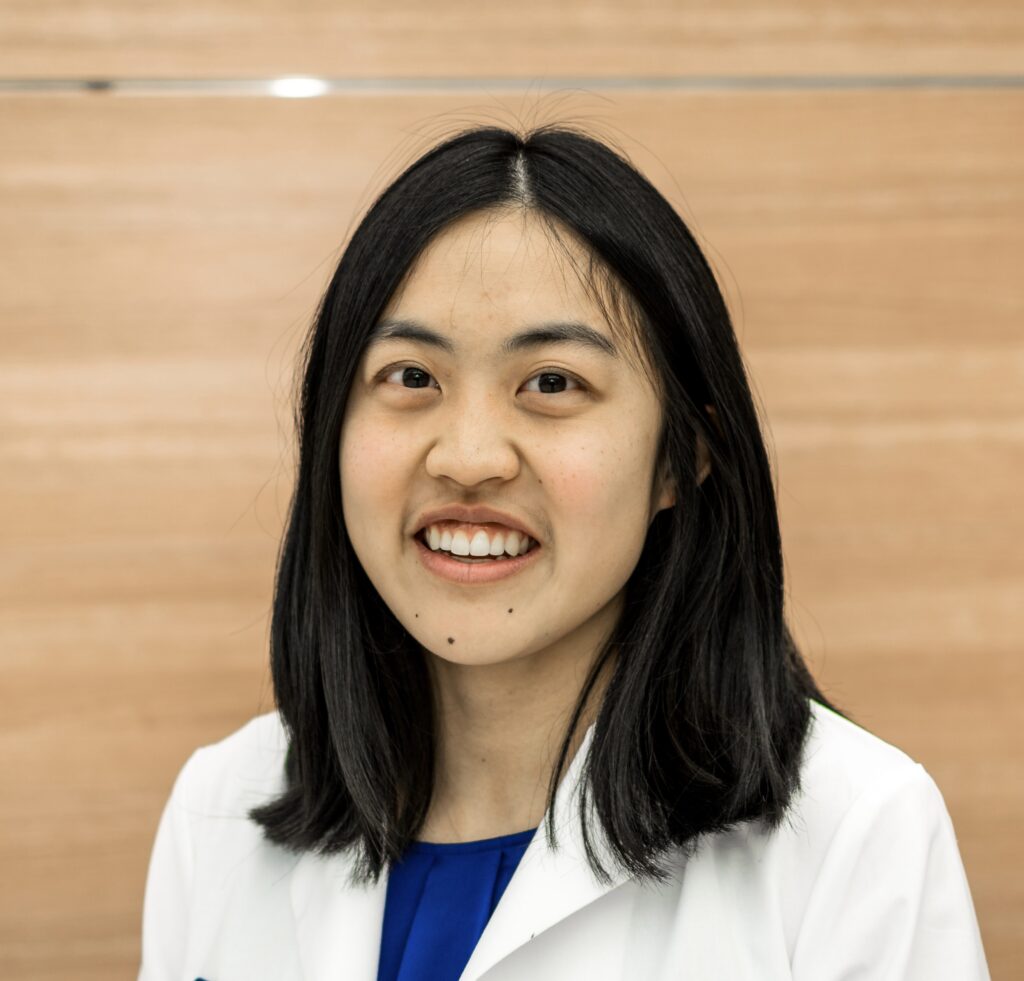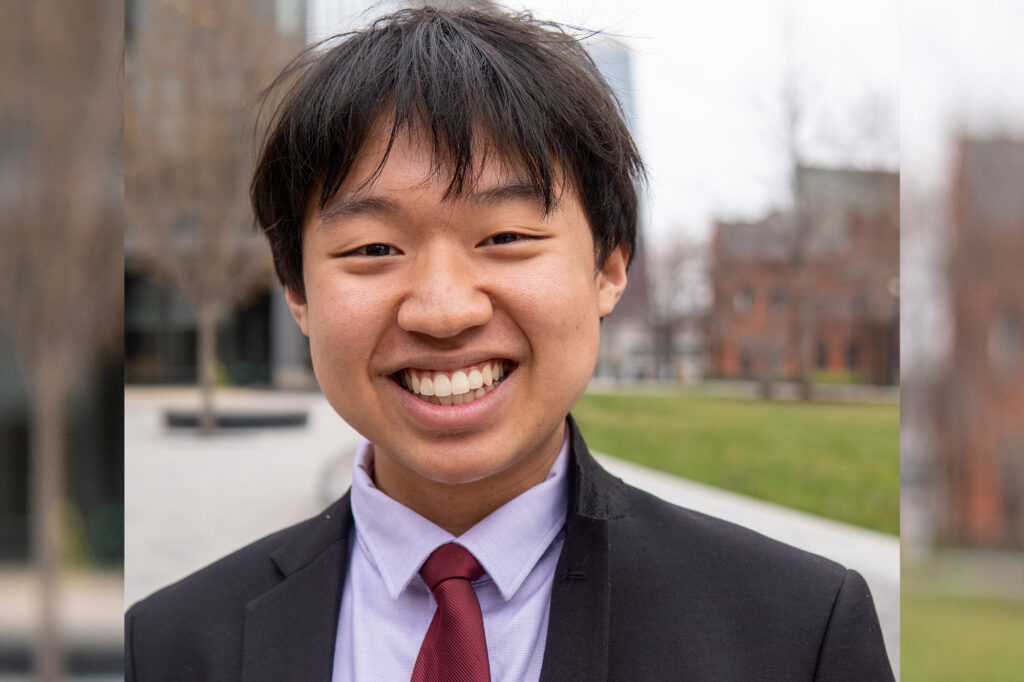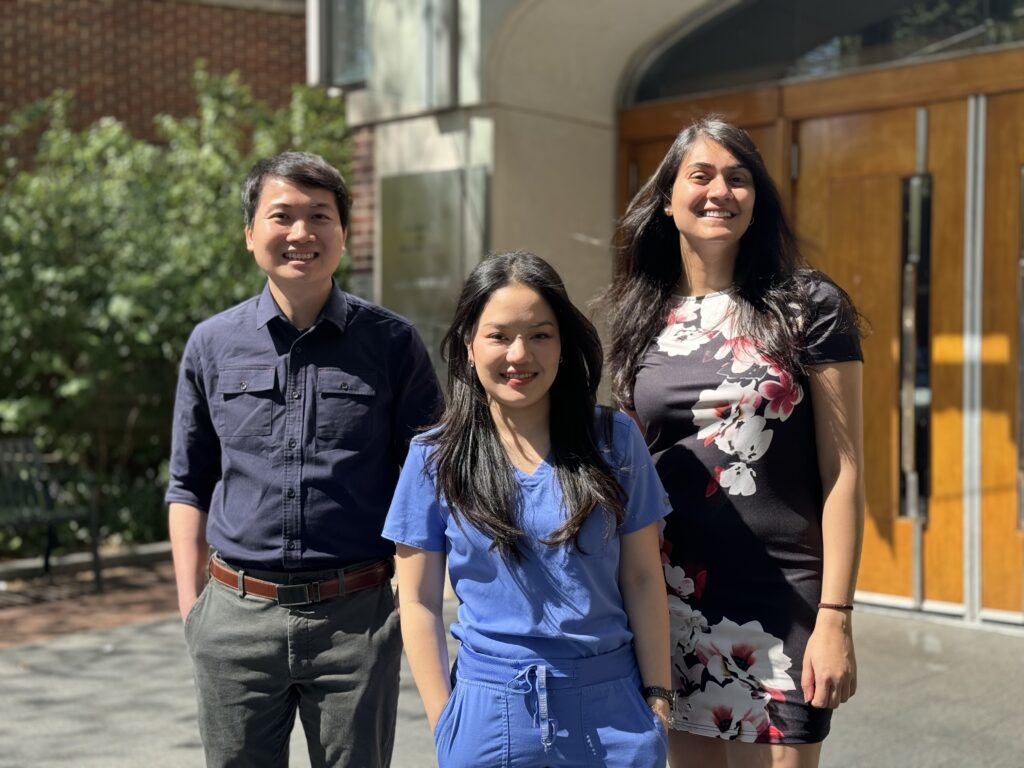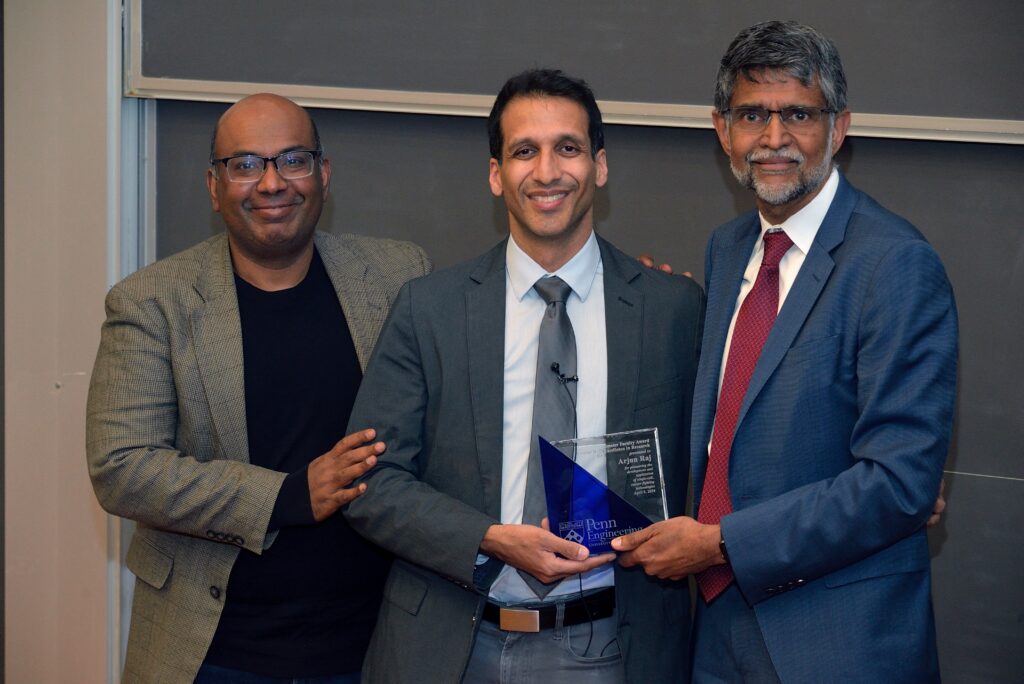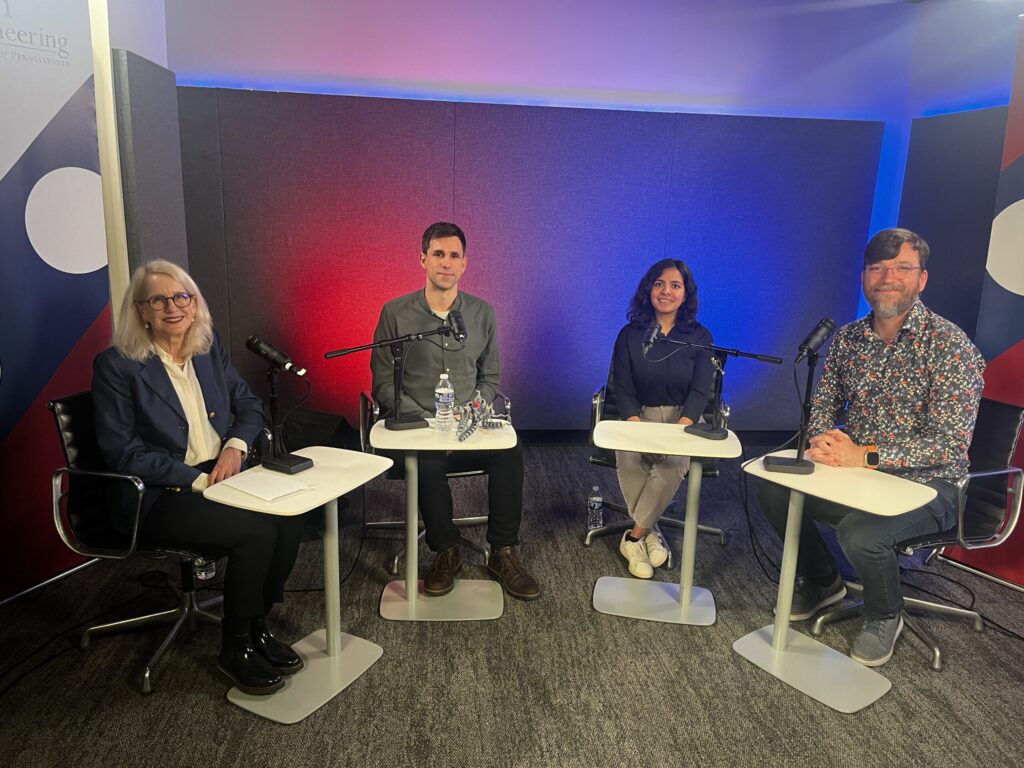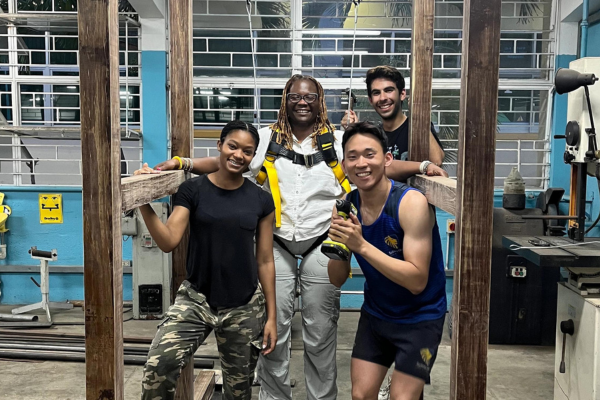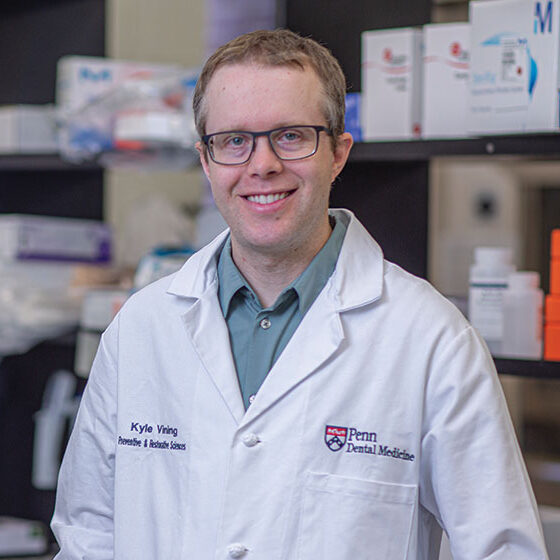
“Make sure you finish your antibiotics course, even if you start feeling better’ is a medical mantra many hear but ignore,” says Cesar de la Fuente of the University of Pennsylvania.
He explains that this phrase is, however, crucial as noncompliance could hamper the efficacy of a key 20th century discovery, antibiotics. “And in recent decades, this has led to the rise of drug-resistant bacteria, a growing global health crisis causing approximately 4.95 million deaths per year and threatens to make even common infections deadly,” he says.
De la Fuente, a Presidential Assistant Professor, and a team of interdisciplinary researchers have been working on biomedical innovations tackling this looming threat. In a new study, published in Nature Biomedical Engineering, they developed an artificial intelligence tool to mine the vast and largely unexplored biological data—more than 10 million molecules of both modern and extinct organisms— to discover new candidates for antibiotics.
“With traditional methods, it takes around six years to develop new preclinical drug candidates to treat infections and the process is incredibly painstaking and expensive,” de la Fuente says. “Our deep learning approach can dramatically reduce that time, driving down costs as we identified thousands of candidates in just a few hours, and many of them have preclinical potential, as tested in our animal models, signaling a new era in antibiotic discovery.” César de la Fuente holds a 3D model of a unique ATP synthase fragment, identified by his lab’s deep learning model, APEX, as having potent antibiotic properties. This molecular structure, resurrected from ancient genetic data, represents a promising lead in the fight against antibiotic-resistant bacteria.
These latest findings build on methods de la Fuente has been working on since his arrival at Penn in 2019. The team asked a fundamental question: Can machines be used to accelerate antibiotic discovery by mining the world’s biological information? He explains that this idea is based on the notion that biology, at its most basic level, is an information source, which could theoretically be explored with AI to find new useful molecules.
Read the full story in Penn Today.



